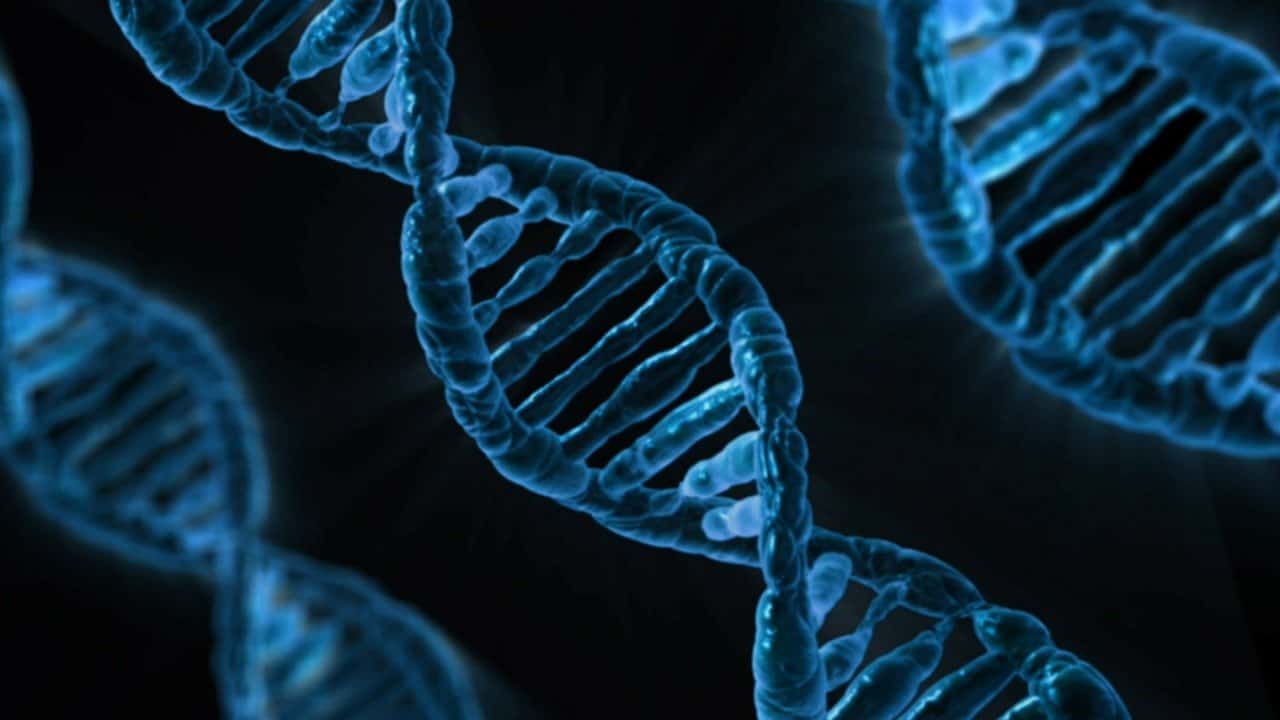Infected, the carrier of a particular antigen would be two times less likely to present symptoms relating to Covid-19.
Wednesday, the review Nature published the results of a study linking asymptomatic patients suffering from Covid-19 and a specificity of their DNA.
Thus, the carrier of at least one version of the human leukocyte antigen (HLA) genetic variant called HLA-B*15:01 would be twice as likely not to get sick from contracting the coronavirus.
Eight times less risk with two copies
And when the individual carries two copies of HLA, these risks are reduced by eight times. Asymptomatic patients are estimated to account for 20% of infections.
The researchers, to reach their conclusions, based themselves on data relating to 30,000 bone marrow donors in the United States.
136 people without symptoms
The volunteers had to self-declare their serological status via a mobile application, and the potential symptoms of a Covid infection.
In this group, more than 1,400 unvaccinated people tested positive for Covid between February 2020 and the end of April 2021. And of these 1,400, 136 were asymptomatic at least two weeks before and after testing positive. Finally, 20% of these 136 people carried at least one copy of the HLA variant.
T cells
The researchers involved in this study led by Professor Jill Hollenbach of the University of California sought to understand the mechanism leading to the absence of symptoms.
They focused their efforts on T lymphocytes, which protect the body against infections. And more specifically, how these cells remembered previously encountered viruses. When individuals carrying HLA are infected for the first time, their T cells are all the more ready to replicate because they remember other seasonal viruses that have already been fought.
So close exposure to the common cold, for example, could cause fewer Covid symptoms. At the height of the pandemic, this argument had already been made to explain why children did not often develop the most distressing symptoms of Covid.

